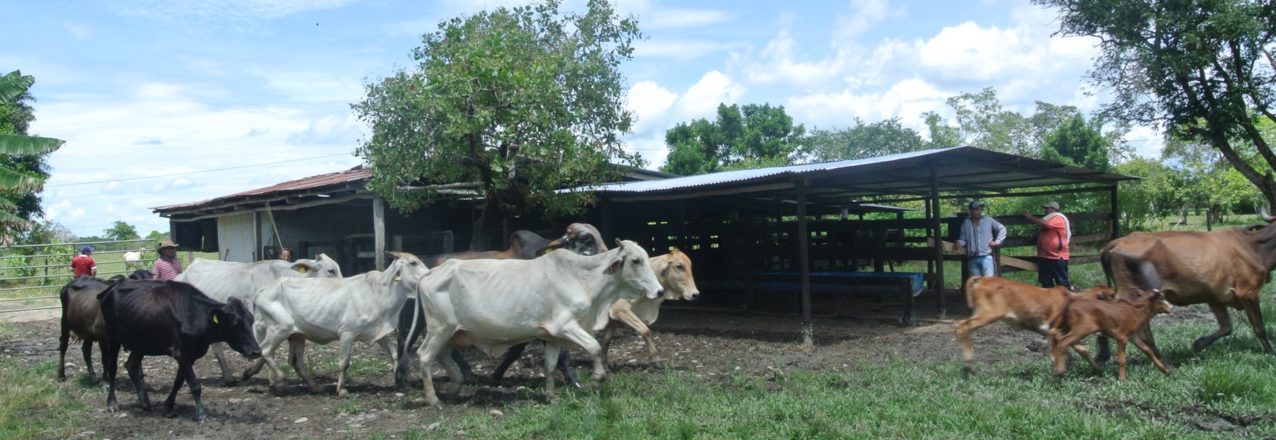Q&A with the Mayor of Fuentedeoro, a rural municipality located in Meta, Colombia.
Originally appeared in Exposure.
DURING THE AGRARIAN REFORM OF THE 1990S, THE NOW-DEFUNCT INCORA AWARDED COLLECTIVE LAND TITLES TO GROUPS OF CITIZENS IN THE MUNICIPALITY OF FUENTEDEORO, LOCATED IN META IN CENTRAL COLOMBIA. TODAY, MANY OF THESE LAND OWNERS FEEL POWERLESS AND ARE UNWILLING TO MAKE PROPER INVESTMENTS IN THEIR LAND. IN THIS INTERVIEW, ANTONIO LONDOÑO, THE MAYOR OF FUENTEDEORO, DISCUSSES THE MUNICIPALITY’S NEW LAND OFFICE AND ITS JOINT WORK WITH USAID, WHICH SEEKS TO “INDIVIDUALIZE” THESE COLLECTIVELY HELD LANDS, STRENGTHEN CITIZENS’ LAND RIGHTS, AND FOSTER GREATER OPPORTUNITIES FOR RURAL COMMUNITIES.
Q: Were Fuentedeoro residents displaced during the conflict?
A: Yes. Fuentedeoro has more than 1,800 displaced people. The municipality was the object of various guerrilla incursions. In 1997, guerrillas planted a bomb that destroyed four blocks in the urban area. They destroyed the police station in Puerto Limón and assassinated more than five police officers. The guerrilla wreaked a lot of damage, and we were forced to go elsewhere. I was kidnapped twice by guerrillas.
Q: Many years ago, the now-defunct INCORA awarded collectively owned territories to residents in Fuentedeoro. Why wasn’t that effort successful?
A: INCORA practically forced these people to become members of community businesses, but it didn’t provide support for productive projects. It didn’t offer orientation or training. It left people to their fate, and each person ended up going their own way.
Q: What other problems does this model present?
A: Let’s say you have a parcel with 15 users. If one of these users doesn’t pay taxes, everyone is affected when it comes to requesting a loan. The bank will ask for a certificate of good standing, and no one will be able to get it. And, for example, if one of the users doesn’t pay back a loan, the entire parcel is embargoed, and everyone has to pay for that person. That is serious. These are examples of things that have happened to us many times.
Q: How is the municipality planning to resolve this situation?
A: USAID is helping us formalize these parcels at an individual level. We have seven parcels covering about 1,100 hectares, where about 150 families live and which are important for agriculture. With USAID, we’re helping the community formalize their lands and become true owners of this land. This helps them with many things: to be able to take out a loan, to mortgage, to make development and economic plans. Without a land title, they don’t have anything, just the possession of their lands, which makes it hard for them to improve if they lack the resources.


